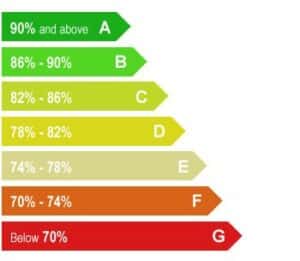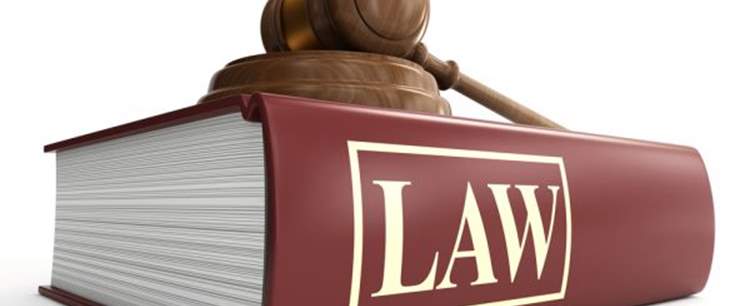We have all heard of energy efficiency. We think about turning our lights off and recycling, but how do we manage to bring the efficiency rating up in our homes so that they comply with new standards?
As of 2018 any properties that fall below band E in their energy efficiency rating will have to be upgraded by law. So this means that you will have to make sure you’re clued up about the new changes.
It was confirmed on 6th February 2015 and means that landlords all across the country will have to make changes to improve their energy rating.
Due to changes in environmental law, a properties energy efficiency is measured and listed into bands, E, F and G being the lowest of these. This was designed to create homes which use energy as efficiently as possible and therefore have less of an effect on the environment. The 2011 Energy Act outlines the minimum energy performance standards for rented domestic and non- domestic private property.

If you have a property which is let on a tenancy, it will come under the regulations of non- domestic property. Because the law is new, this should only affect you if the tenant has lived in the property for less than 6 month.
There is a possibility that your property will not be effected by these new regulations if it has already been assessed and decided that it does not need to meet the standards of the energy performance certificate system. There are other conditions and circumstances that mean you could be exempt from these, so take a look at the new guidelines.
There have been some exceptions put in place which protect landlords who may lose money as a result of the improvements. Some of the exemptions made have been to ensure that landlords are not forced to carry out work which is not, ‘permissible, appropriate and cost effective.’ This includes the outcome of the changes reducing the property’s value by 5% or more. They will also be exempt in the event that a tenant has refused to have work done on the property they inhabit, whether this is work to improve the property or accept Green Deal funding.
Green Deal Funding is a scheme set up by central government to help people to fund the improvements to their home to make them more energy efficient. This means they can help fund work such as insulation and double glazing. You can find out if you’re eligible for Green Deal Funding at gov.uk.
If you feel that you are exempt from these changes, you should notify the Department of Energy and Climate Change. You will be added to a register that means you have been granted exemption. You can then use this to protect yourself in future when the law is in place and you can be taken to court for not adjusting to the new standards.
If you’re a landlord, you may be given 6 months after a tenancy is granted to improve the efficiency of the property and apply with all of the requirements of the new law. These include leases which are being renewed, are protected by a contract and have been created on the terms of law. Other circumstances are also considered.
Local authorities will be responsible for ensuring that landlords whose properties are not exempt, are making ongoing improvements to comply with the new laws. They will follow a protocol to issue compliance notices, request further information and enforce penalty notices. The maximum fine for not improving energy standards are £150,000.
From the end of this year, the laws in Scotland will ensure that those landlords who sell or let a property that does not comply with the 2002 Buildings Regulations standards will be prosecuted.
The way that this may affect the majority of residential home owners is unclear and will not take effect until 2023. At this moment in time further detail is awaited as to how they will be affected and what they will have to change. In the mean time you can research energy saving ideas and begin to make your home more energy efficient for 2020.
If you are worried about any of the new laws effecting you, you can download an Energy Standards Fact sheet online.
If this article has been useful to you, you will also benefit from How Going Green Can Save You Money. You can keep up with UKinsuranceNET’s latest updates and competitions by following us on Facebook and Twitter.







